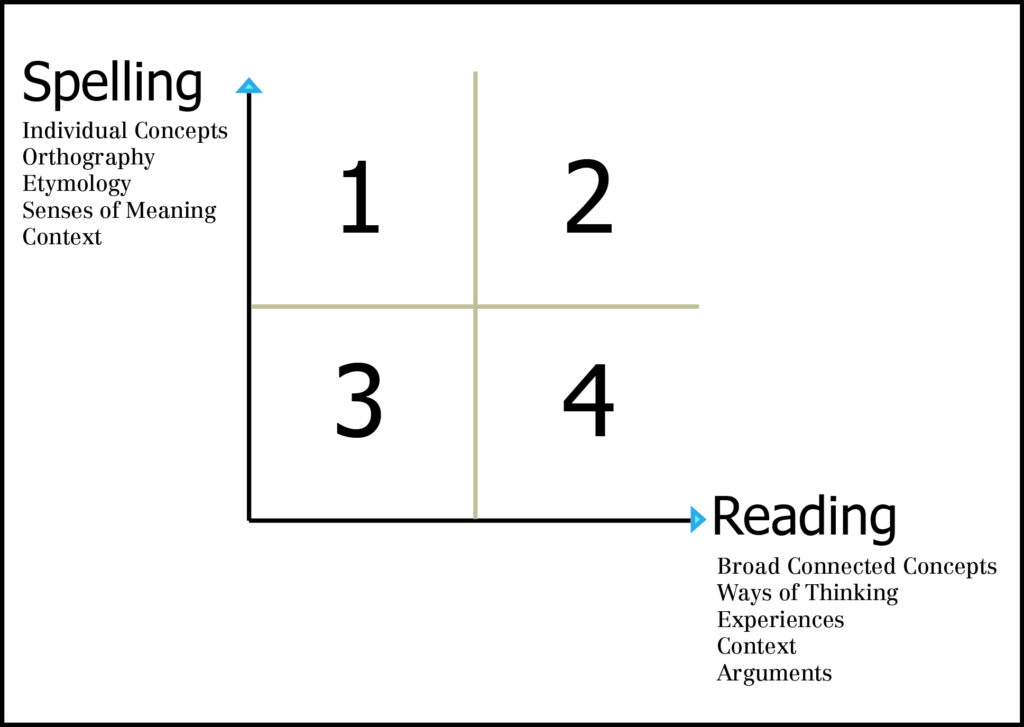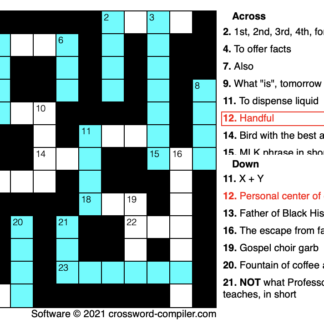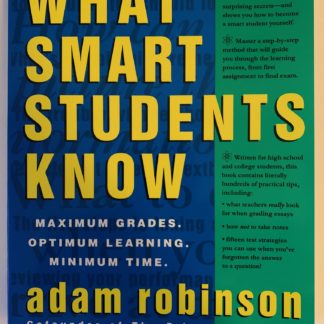Those small red squiggly lines that occasionally appear under my writing always present a choice.

Will I right-click on them and allow the computer to fix my words, or will I remember how they are spelled and re-write them myself? By habit I’ve been relying on memory as it seems that we lose cognitive ability little by little when we allow an artificial intelligence to replace our own. As it turns out, a lot has already been written by others exploring the same notion.
In a 2008 study titled, “Mistakes Are a Fact of Life” researchers compared the errors of college freshman papers in 2006 with a similar cohort in 1998. What they found is that while spell-check technology has been around since the late 1970s and may have improved spelling, they also noted that “many of the wrong word errors [found in latter papers] were caused by spell-checker suggestions”. New Yorker author Thessaly La Force, picks up on this study 2009 and asks the question, “Has Spell-Checker Ruined Us?” Oddly, the essay ends without La Force actually offering a firm opinion. Rebecca Greenfield, however, concludes in a 2012 Atlantic article with the view that “computer spell-check….has been making us worse at spelling for at least 25 years.”
So there seems to be some justification for the belief that “auto-correct” may have a net negative impact, but seeing the exuberant contestants in this year’s Scripps National Spelling Bee sparked a more compelling question, “what do students not gain by not becoming these kinds of spellers?”
Clearly, the students preparing for spelling bees gain a deeper understanding of each individual word. With each turn, students ask, “can you repeat the word?”; “can you use it in a sentence?”; or “does it have a Greek origin?”. This indicates the mnemonic power of a word’s phonetic representation, relevant context, and etymology. Moreover, since 2013, contests also require knowing definitions in some of the rounds.
Here are the words correctly spelled by this year’s winner, and first African American to hold that title, Zaila Avant-garde:

1. alpargata
2. ordinance
3. elevenses
4. tubifex
5. trenchancy
6. querimonious
7. velarium
8. encephalopathy
9. solidungulate
10. rolamite
11. dysphotic
12. ancistroid
13. duchesse
14. depreter
15. fidibus
16. nepeta
17. retene
18. Murraya (winning word)
Scripps 2021 Spelling Bee – Last 14 Rounds
The link opens up a new page
Even if she never uses these words again, the range of ideas and word forms that Ms. Avant-garde, along with the other contestants get exposed to in preparation will most certainly exceed the ideas they would encounter compared to reading alone.
Some students struggle mightily with spelling and could find themselves instructed by English teachers to not let that challenge obstruct their expression (a great deal has been written on this topic). Other students have been diagnosed with dyslexia (also a topic of great interest). Both situations should be treated sensitively. But if there is no pedagogical, clinical, or psychological reason to withhold advanced encouragement, it seems that the benefits are worth the time and investment.
Without encouraging advanced spelling, many students will be exposed to the kind of four-dimensional (phonetic, context-oriented, orthographic [spelling], definition-related) learning implied by the competition. The series of books called, “Wordly Wise” take students through that kind of learning (this link takes you to sample pages) Other students will of course find vocabulary quizzes at the end of their reading assignments.
However the difference between what one might learn in the course of a typical curriculum compared to the preparation for a competition is a matter of frequency, intensity, and duration. Champion spellers may spend between 1 to 2 hours a day in preparation for the Scripps spelling bees. They also would study the 4000 selected “Words of the Champions” list. Moreover, their study would likely go beyond the “next quiz”.

In the chart above, I’m offering quadrants to think about what we learn through spelling versus reading and regular versus advanced goals.
:: Quadrant 3 is where most of us wind up with regular k-12 instruction in spelling and limited reading (reading for school assignments and infrequent leisure reading).
:: Quadrant 1 is where championship spellers find themselves (if they are not also avid readers)
:: Quadrant 4 is perhaps where avid readers reside if they skip the words they don’t know
:: Quadrant 2 strikes me as an ideal place to be–ever expanding one’s volume of literal knowledge
Perhaps it really isn’t too big of a deal to let my phone change “tes” to “yes” or “cintinent” to “continent” if I decide to keep writing. But its clear that there are benefits that won’t be gained if I allow my spelling and reading expectations to fade like the evening sun.
Potential tactics to promote advanced spelling:
- Merriam-Webster’s word games (since they provide the official words for Scripps spelling bees and are free)
- Downloadable or online crosswords puzzles (To test the Lexile score of the puzzle, you can use the “analyzer” at this link.)
- Family games involving spelling such as – Scrabble, Boggle, or Upwords
- Use downtime in the car or in between tasks to challenge your child to spell and define words.

